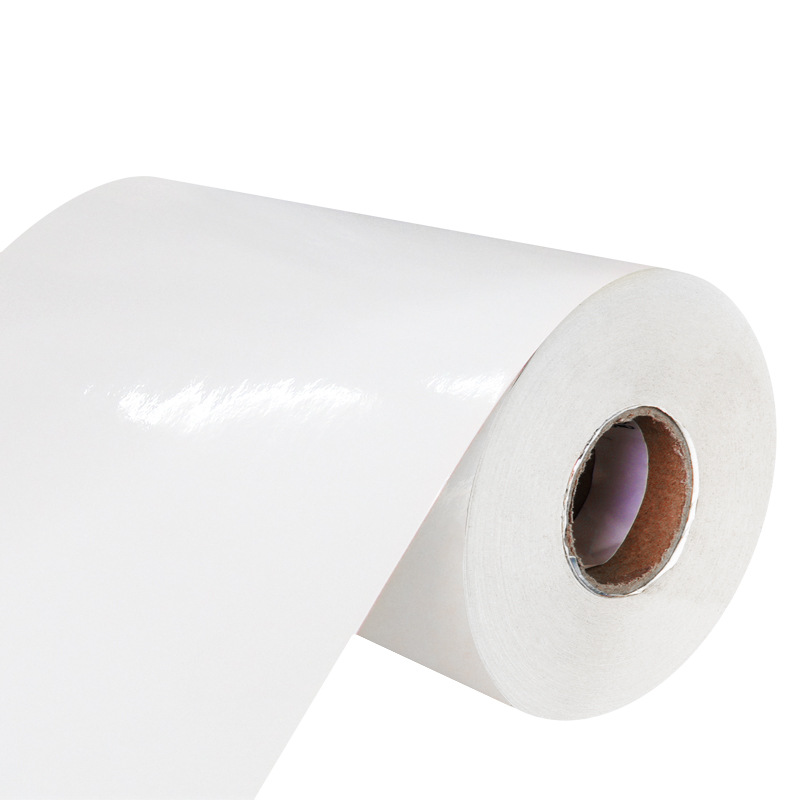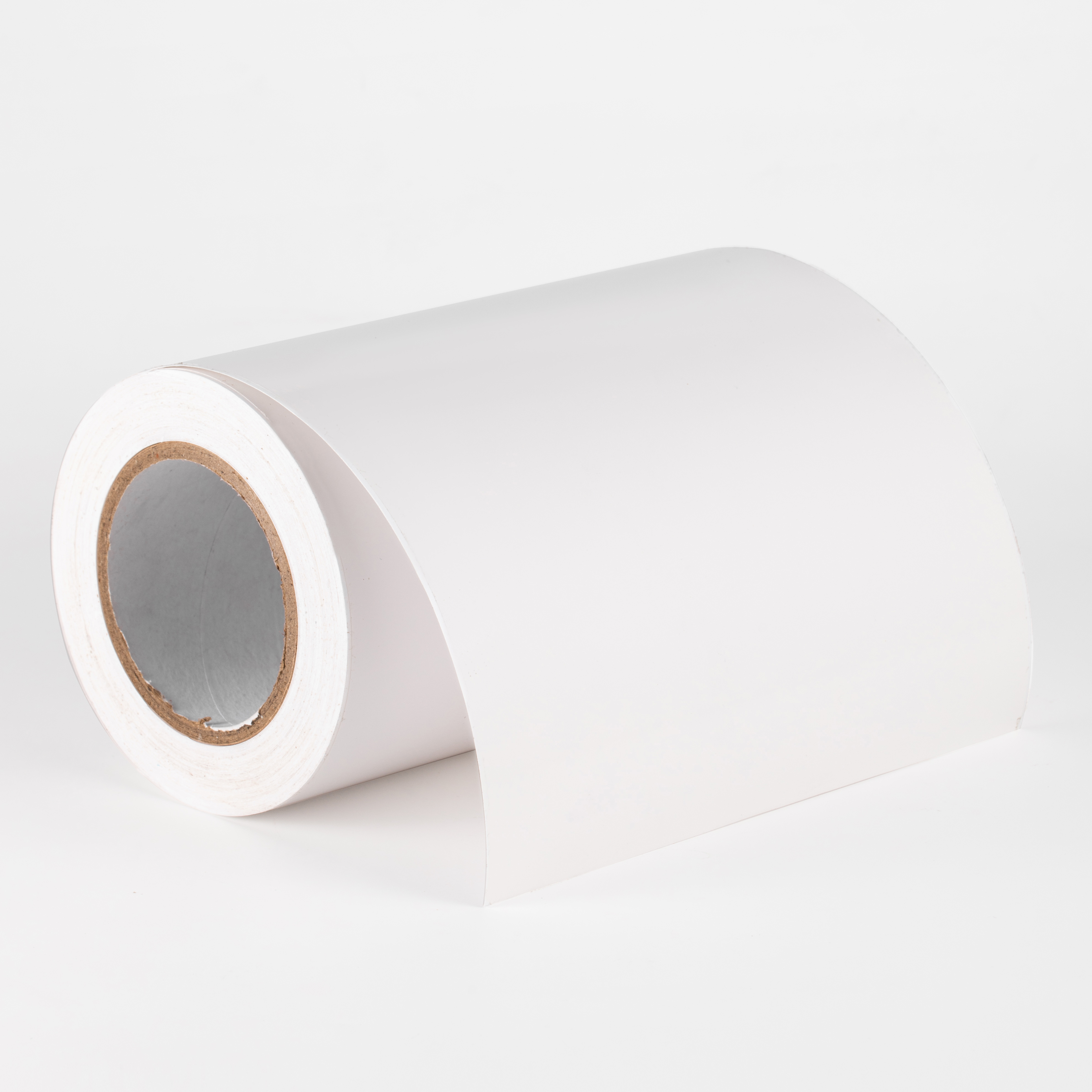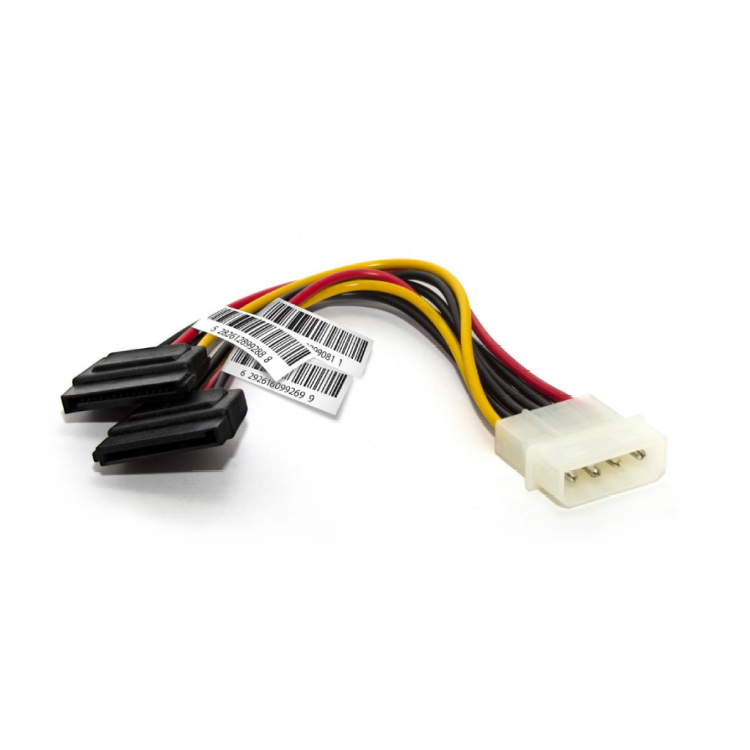Promoting Heat Resistant Labels: Unleashing the Power of Endurance
In the world of product packaging, sticker labels play a crucial role in conveying information and enhancing brand visibility. However, not all sticker labels are created equal. Some labels may deteriorate under extreme conditions, such as high temperatures, compromising their functionality and aesthetic appeal. In this article, we will explore the importance of heat resistant labels and how they can unlock the power of endurance in various industries.
The Significance of Heat Resistant Labels
Heat resistant labels are designed to withstand elevated temperatures without losing their adhesive properties or deteriorating in appearance. They are commonly used in industries where products are exposed to extreme heat, such as automotive, electronics, and food packaging. These labels ensure that important information, such as product specifications, barcodes, and safety warnings, remain intact and legible even in challenging environments.
One of the primary advantages of heat resistant labels is their ability to maintain adhesion under extreme temperatures. Traditional labels may peel off or lose their stickiness when exposed to heat, leading to potential product misidentification or loss. Heat resistant labels, on the other hand, are engineered with specialized adhesives that can withstand temperatures ranging from -40°C to 300°C, ensuring their longevity and reliability.
Applications in the Automotive Industry
The automotive industry heavily relies on heat resistant labels to withstand the demanding conditions encountered under the hood. Engine components, such as radiators, exhaust systems, and engine blocks, generate high levels of heat. Standard labels would quickly deteriorate, making it challenging to identify crucial parts or follow maintenance instructions.
Heat resistant labels provide a solution by remaining intact and legible even in extreme heat. This enables mechanics and technicians to accurately identify components, follow repair procedures, and ensure the safety and efficiency of the vehicles they service. Additionally, these labels can withstand exposure to oils, fuels, and other chemicals commonly found in automotive environments.
Electronics and Industrial Applications
In the electronics industry, heat resistant labels are essential for marking circuit boards, cables, and various electronic components. During the manufacturing process, electronic devices often undergo soldering and reflow processes, which involve high temperatures. Standard labels would not survive these processes, leading to confusion or loss of traceability.
Heat resistant labels, however, are specifically designed to withstand the extreme temperatures encountered during soldering and reflow. They remain securely attached to the components, ensuring that vital information, such as serial numbers, manufacturing dates, and safety certifications, remains intact throughout the production and distribution processes.
Food Packaging and Safety Compliance
Heat resistant labels also find extensive use in the food packaging industry, where products often require refrigeration, freezing, or high-temperature cooking. Traditional labels may fail to adhere to packaging materials or become illegible, compromising food safety and regulatory compliance.
Heat resistant labels are engineered to withstand extreme temperature fluctuations without compromising their adhesive properties or print quality. They ensure that essential information, such as expiration dates, nutritional facts, and allergen warnings, remains visible and accurate throughout the product's lifespan.
Conclusion
Heat resistant labels are a vital component of various industries, ensuring that crucial information remains intact and legible even under extreme conditions. From automotive and electronics to food packaging, these labels unlock the power of endurance, providing reliability, traceability, and compliance. By investing in heat resistant labels, businesses can enhance their brand reputation, improve customer satisfaction, and ensure the safe and efficient use of their products.
We offer comprehensive technical support, including free professional labeling solutions, advice on label materials and adhesive selection, as well as online/offline assistance from professional software and hardware engineers. Service email: andy@ownlikes.cn. In pre-sales, we leverage our extensive experience in specialty labeling projects to provide clients with the most suitable hardware solutions. Additionally, all our label barcode printers and scanners come with a three-year free warranty, demonstrating our confidence in our products.






This site is protected by reCAPTCHA and the Google Privacy Policy and Terms of Service apply.